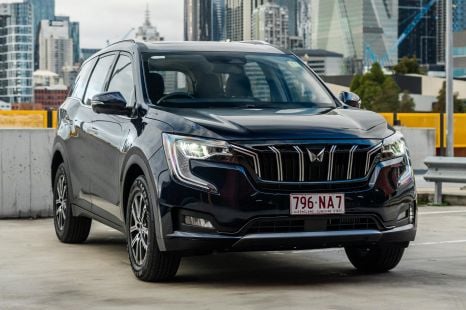

Josh Nevett
6 Days Ago
The Luxury Car Tax could be scrapped as part of trade negotiations with the European Union, but it'll reportedly be phased out gradually.

News Editor
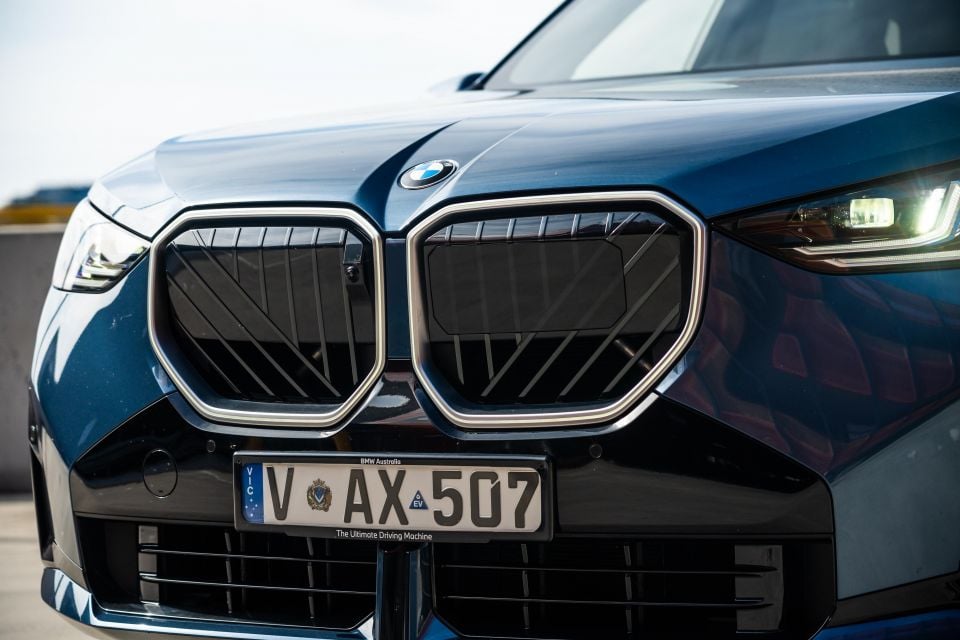

News Editor
The Australian Government is reportedly considering a gradual phase-out out the Luxury Car Tax (LCT) to minimise the impact on vehicle resale values, rather than axing it in one fell swoop.
The Australian reports the Albanese government is assessing a progressive lowering of the controversial tax after car dealers and automakers warned its sudden removal could spark a rapid collapse in vehicle resale values.
The removal of the LCT has been put on the table as the government negotiates with the European Union on establishing a free-trade agreement (FTA).
However, the government reportedly won’t scrap the LCT unless it can secure a better deal on agricultural exports to the EU.
This had been a sticking point when previous Australia-EU negotiations on an FTA collapsed in 2023.
Hundreds of new car deals are available through CarExpert right now. Get the experts on your side and score a great deal. Browse now.
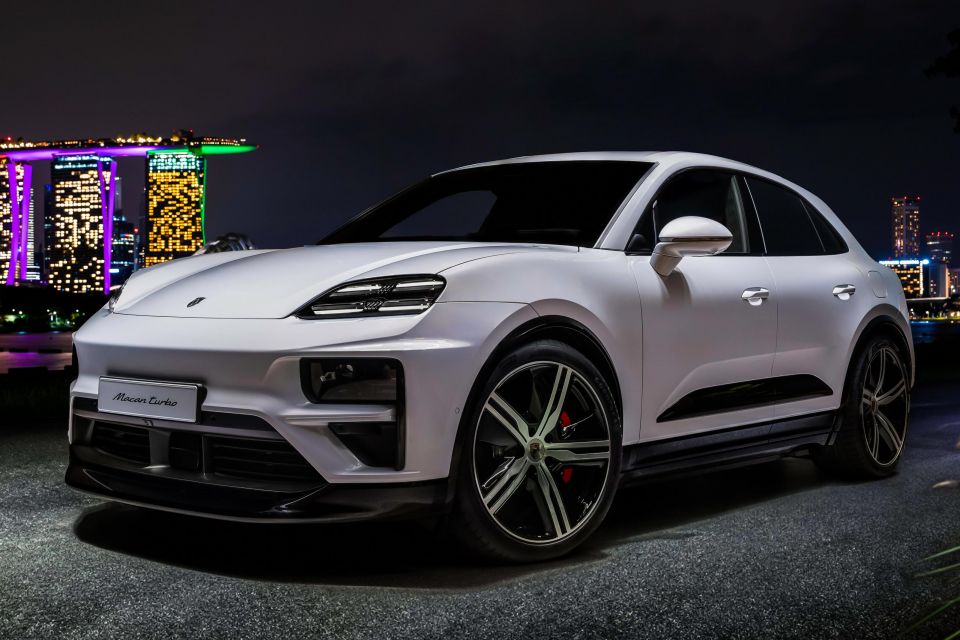
Axing the LCT will satisfy the EU, which has been pushing for it to be abolished for at least five years.
It also comes as European brands have been confronted by tariffs in the lucrative US market imposed by President Donald Trump.
The Australian reports around 40 per cent ($480 million) of the total $1.2 billion annual LCT revenue is raised from European vehicle sales.
With the LCT removed, the Australian Government will likely need to find a replacement source of revenue, and that could come from a road user charge.
The government has had to contend with a decline in fuel excise revenue as buyers move to more fuel-efficient vehicles, as well as electric vehicles (EVs).
A road user charge could see vehicle owners pay an amount based on the distance they travel, with the revenue in turn being invested in road maintenance and infrastructure.
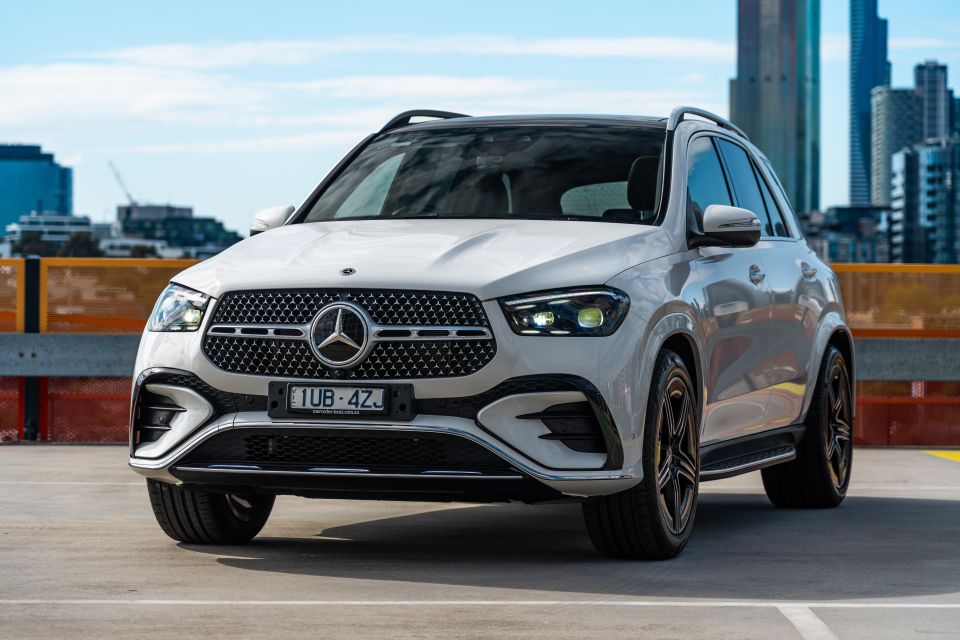
The LCT adds 33 per cent to any part of a vehicle’s price above the LCT threshold.
This is currently $91,387 for fuel-efficient (ie: vehicles with fuel consumption of under 7.0L/100km) and electric vehicles (EVs), and $80,567 for all other vehicles.
Thresholds are set annually by the government and are indexed to the Consumer Price Index (CPI).
From July 1, the definition of a fuel-efficient vehicle is changing to one with fuel consumption of under 3.5L/100km following the passing of the Treasury Laws Amendment (Tax Incentives and Integrity) Act 2025.
This change to the tax was implemented to drive uptake of more environmentally friendly models.
Vehicles from Europe are also impacted by a five per cent import tariff, due to the absence of an FTA between Australia and the EU.
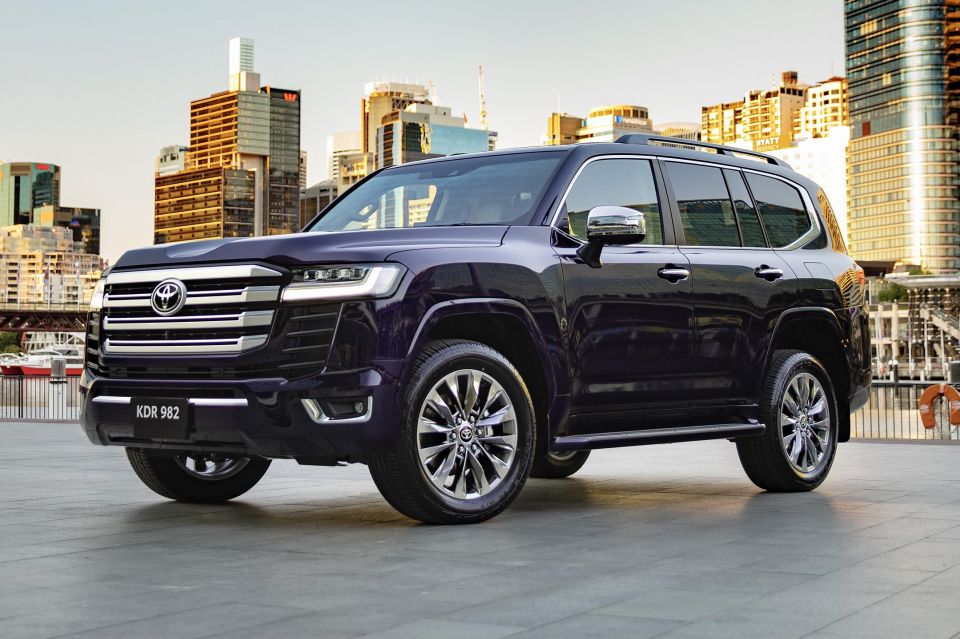
But the proposed abolition of the LCT has been met with criticism from at least one of Labor’s opponents, on the basis the government would be removing a tax from more expensive vehicles while also getting ready to impose penalties on brands that sell more popular, higher-emitting vehicles such as utes and SUVs as part of its New Vehicle Efficiency Standard (NVES).
“I think it’s a bit strange for the first act of a government to be giving a massive free kick to people who can afford very expensive European cars,” Nationals Senator Matt Canavan told Sky News.
“Why would we be making very expensive European cars cheaper while we make the average standard vehicles that Australians are struggling to afford more expensive?”
In contrast, the Australian Automotive Dealer Association (AADA), the peak body for car dealers in Australia, has been among the voices domestically calling for the LCT to be scrapped, or at least significantly modified as part of a “wider root and branch review of Australia’s automotive taxation regime”.
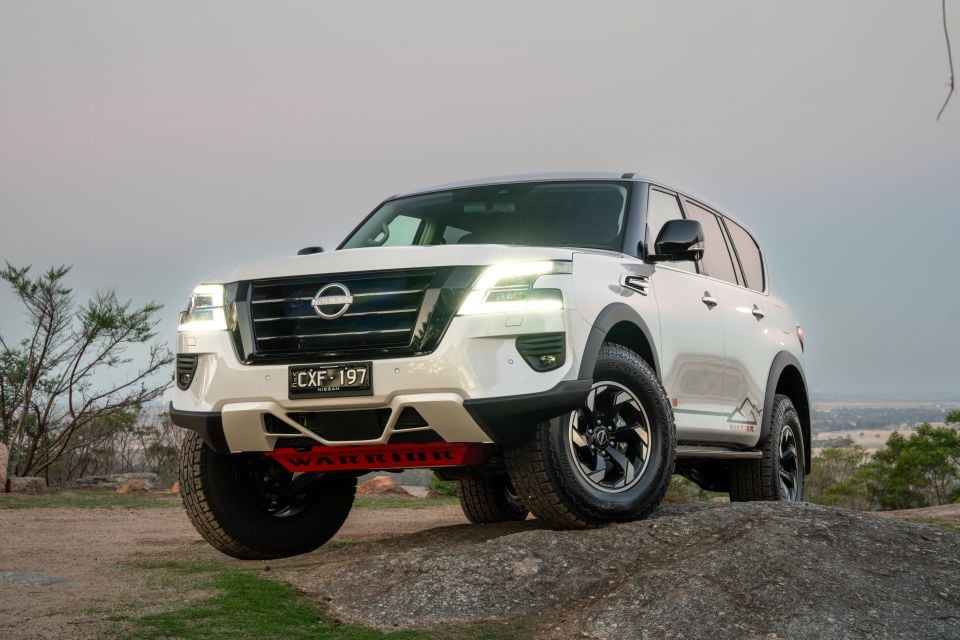
Calling it a “relic of an era when Australia manufactured vehicles” in its pre-budget submission this year, the AADA called for its “complete abolition”.
“The LCT was originally introduced as a means of protecting Australia’s local vehicle manufacturing industry. With local manufacturing coming to an end in 2017, it just imposes unnecessary additional taxes on many vehicles, particularly more expensive lower emitting and EVs,” the body said.
The AADA argues it disincentives customers from buying new, safer and more environmentally friendly vehicles, and also penalises buyers – particularly those in regional areas – who require large SUVs and vehicle accessories that are aimed to improve safety.
Vehicles from a range of mainstream auto brands, such as the Toyota LandCruiser, generate a significant proportion of LCT revenue raised, for example.
“If the total abolition of the LCT cannot be achieved in a timely manner,” the AADA argues, “then we propose reforms to the LCT, such as raising the threshold to target truly luxury vehicles and stage a sunset period for LCT, exempt low-emission vehicles and exclude accessories from the calculation of whether a vehicle hits the threshold for paying the LCT.”
William Stopford is an automotive journalist based in Brisbane, Australia. William is a Business/Journalism graduate from the Queensland University of Technology who loves to travel, briefly lived in the US, and has a particular interest in the American car industry.


Josh Nevett
6 Days Ago


James Wong
5 Days Ago
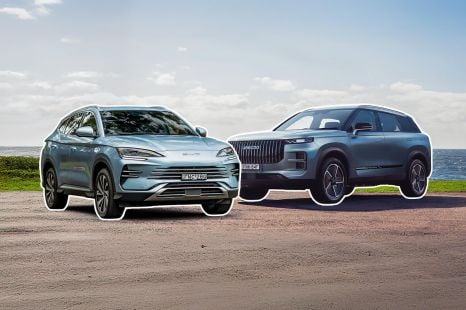

Andrew Maclean
4 Days Ago
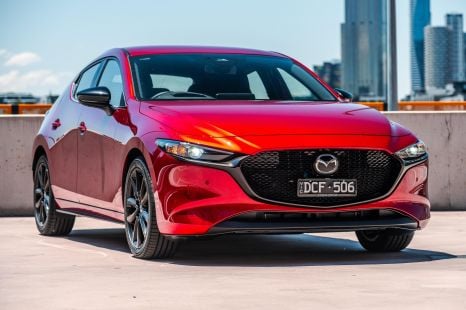

Josh Nevett
3 Days Ago
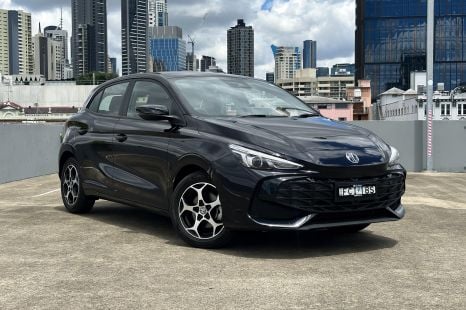

William Stopford
2 Days Ago
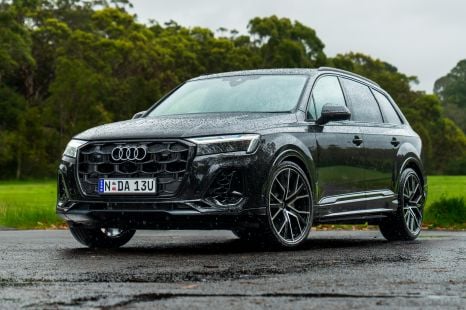

James Wong
13 Hours Ago